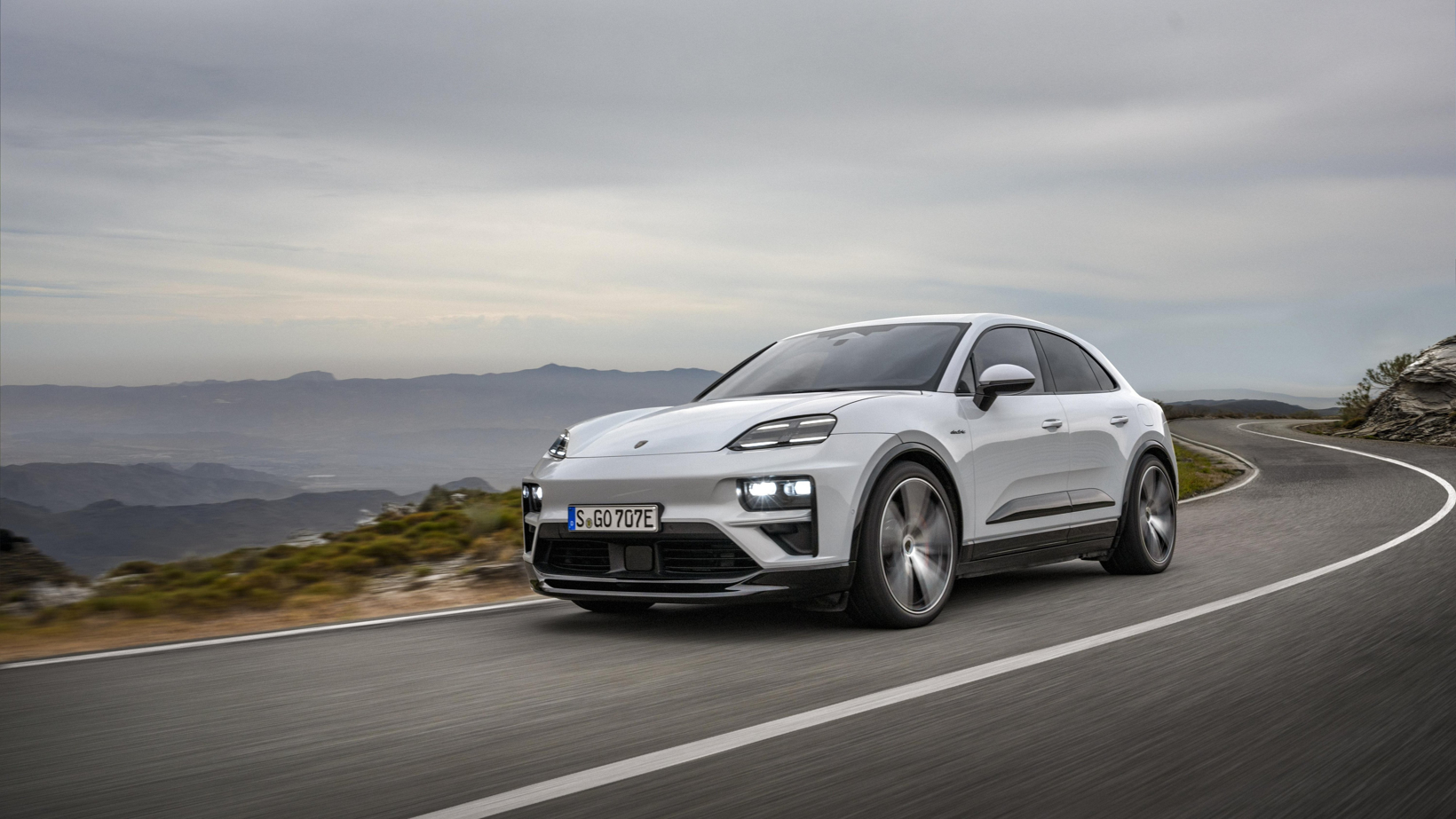According to foreign media reports, Porsche revealed in a presentation document during an investor conference prior to its second-quarter performance announcement that it expects to face a €300 million ($351 million) impact from US import tariffs incurred in April and May. Previously, Porsche had only estimated losses in the hundreds of millions of euros for these two months without disclosing a specific amount. Due to the impact of US tariffs on European cars, Porsche's sales in the second quarter of this year saw a decline. The latest data from the Volkswagen Group shows that Porsche's global deliveries totaled 74,900 vehicles from April to June, a decrease of 4.3% compared to 78,300 vehicles in the same period last year. In the first half of this year, Porsche sold a total of 146,400 cars globally, down 6.1% from 155,900 vehicles during the same period last year. However, the market share of its electrified models increased by 14.5 percentage points to 36.1%, with 23.5% being fully electric vehicles and 12.6% being plug-in hybrids. Not only Porsche but also other luxury brands under the Volkswagen Group experienced a decline in sales. The global sales of Audi, Bentley, and Lamborghini in the second quarter of this year totaled 405,300 vehicles, an 8.3% drop compared to 441,900 vehicles in the same period last year. This highlights the pressure that US President Trump's tariff policy is putting on the high-margin brands of the Volkswagen Group. Both Porsche and Audi, which is also part of the Volkswagen Group, do not currently manufacture cars in the United States. This makes their operations highly susceptible to the impacts of US tariff policies while facing challenges such as declining demand, intense competition in the Chinese market, and slow adoption of electric vehicles. Previously, it was reported that Oliver Blume, the CEO of both Volkswagen Group and Porsche, is considering relocating the final assembly of Porsche models (such as interior component installation or tire assembly) to the US to mitigate the impact of tariffs imposed by the Trump administration on imported cars. Other potential measures are also under consideration, with Blume stating that all options are being discussed. However, a Porsche spokesperson later indicated that the company has no plans to shift any part of its production process to the United States, denying the relevant reports.
Porsche Faces €300 Million Hit from US Tariffs in Q2

Share this post on: